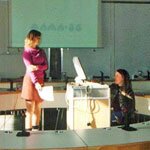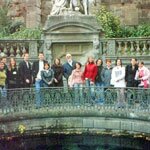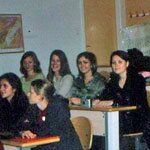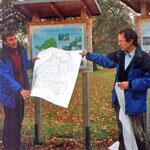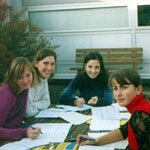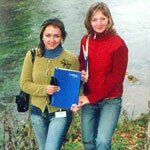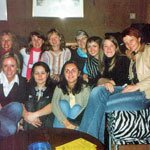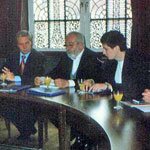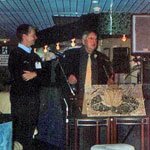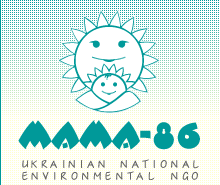European Solidarity Week for Water
During week from 15 till 21 October 2005 the European Solidarity Week for Water (ESWW) took place in Strasbourg. It was a step forward to Mexico World Water Forum (WWF) and preparation of European region contribution to this core event on water issue at global level.
The objectives of the ESWW were:
- To draft European recommendations for the Fourth WWF that will be held in Mexico City in March 2006 with the following theme "Local Action for Global Challenges";
- to intensify exchange and solidarity among the various partners involved in water management across Europe;
- to sensitize the broad public and the elected officials to the water issues in Europe and to the investments required for water management (human and financial resources).
More than 100 representatives of governments, water councils, international financing institutions, agencies, science, business, NGOs and young people from 20 countries participated in the ESWW sessions and workshops.
The program of the ESWW included Right to water Workshop (15—16 October), field trips on 17 of October, plenary sessions and workshops of "Water and civil society" on 18—19 October, "European Youth days for water" on 18—21 October and a Session of the Council of Europe — the Conference on Water Management: A Shared Responsibility on 20—21 October.
Focusing on Europe, Right to Water (RtW) Workshop discussed the human right to water — the individual right to sufficient, safe, acceptable, physically accessible and affordable water for personal and domestic uses — as identified by General Comment No. 15 of UN Committee on Economic, Social and Cultural Rights in 2002.
The implementation of the RtW implies a number of preconditions (identification of the authority responsible for the implementation of RtW at local level, the recognition of individual obligations accompanying the RtW: not to waste, not to pollute, to equitably contribute towards the costs of implementing; accessing the necessary financial resources through the socially sustainable use of tariffs, cross-subsidies, public subsidies, social assistance and other means. All European countries have adopted some initiative to contain the social impact of covering the economic cost of services delivery. The implementation of RtW requires the adoption of adequate indicators and their continuous monitoring, aimed at revising national strategies and actions according to the results obtained.
Six case studies (Ukraine, Bulgaria, Romania, Kosovo, Hungary and European Roma) highlighted a number of relevant issues were presented for discussion. Anna Tsvietkova was a co-speaker presented the case on RtW and access to water in Ukraine.
During the field trips the participants visited the areas of renaturalization, the water treatment plant and plant-soil filter in Upper Rhine river territory.
Water and Civil Society Section included 4 workshops:
- Flood protection and risk management,
- Implementation of EU Water Directive in CEE,
- Access to water and sanitation for all;
- Decentralized funding of water management in small towns and rural areas of CEE.
Among the listed recommendations worked out during these workshops there are :
The need to develop eco-social approaches for the water resources management (water for life is water for people and environment), solidarity among rich and pore (across subsidies), West and East for water (International Water solidarity), Decentralization of water management, core role of local authorities, responsibility sharing among all stakeholders, financing for local actions, initiatives, for education; public informing and participation in water management at relevant levels, increasing efficiency of Public Water Supply utilities and control and transparency of private sector involvement.
The results of the workshops were presented at the Conference of Council of Europe and will be the contribution into the European region recommendations, which will be delivered to the Mexico WWF.
For more information contact Tsvietkova Anna
tel. +380 (44) 2787749, e-mail:
